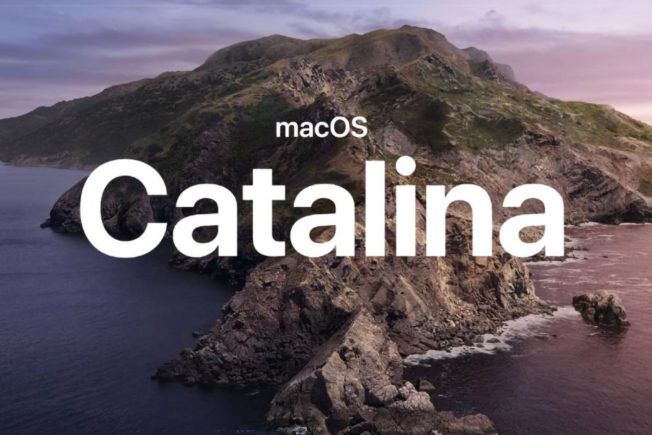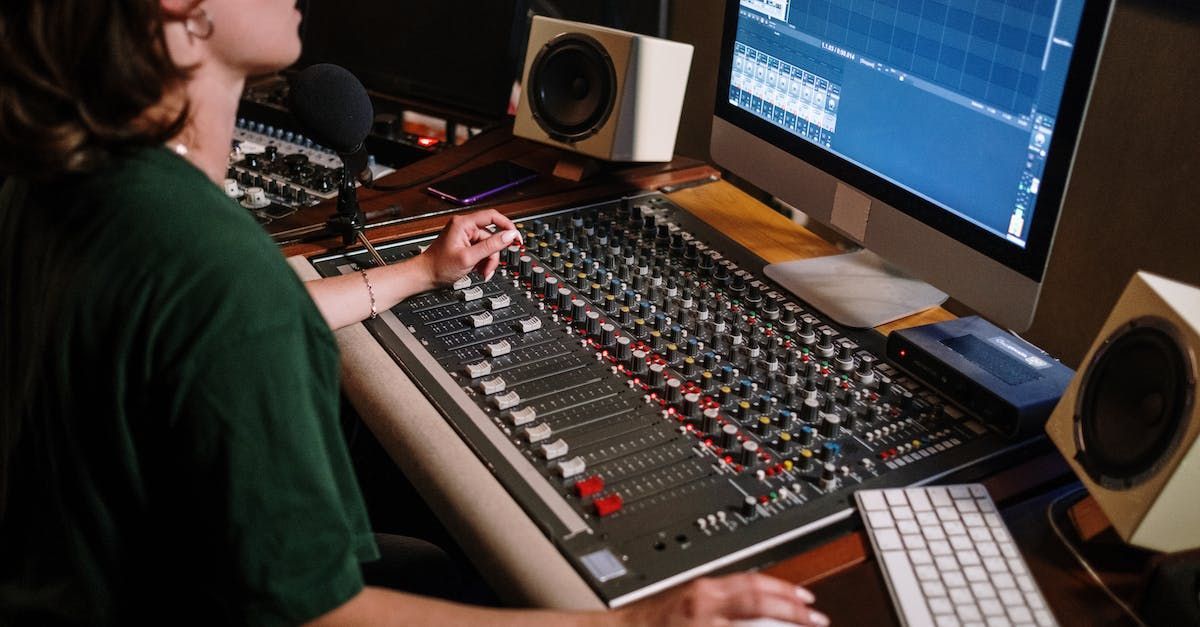MacOS Catalina 10.15 will drop 32-bit support when it releases in October! Caution updating your OS if you use 32-bit plugins and other apps. They will no longer work!

MacOS Catalina 10.15 Compatibility
MacOS Catalina 10.15 is ditching 32-bit support when it releases in October. This means all 32-bit plugins, drivers, and other software will no longer work if you upgrade. MacOS Catalina will only support 64-bit applications.
These compatibility issues are a concern for music producers who use 32-bit music production software and hardware. We advise everyone to WAIT until all your third-party plugins, software, and hardware drivers are officially supported before updating to MacOS Catalina. Best to turn off automatic updates on your Mac to stay in control.
It’s also recommended to create a full system backup before updating your OS. You could also create a partition with an earlier macOS version. These measures ensure you can recover or access an earlier macOS version that’s 32-bit compatible. Backups also protect your irreplaceable data and work if disaster strikes!
What is Affected
- Old projects : You won’t be able to work with old projects that use 32-bit plugins.
- DAWs : Ableton Live, Logic Pro, Pro Tools, and other music creation software. Check to see if your DAW is compatible.
- Plugins and virtual instruments : Third-party plugins may not work until they are officially compatible. However, there’s a chance they’ll run inside of an updated DAW. Although, it’s still vital to install all the latest versions of your plugins.
- Software drivers : Users will need 64-bit compatible drivers to operate various music applications. Wait for manufacturers to release updated drivers.
- Hardware drivers : Users will need 64-bit compatible drivers to operate hardware such as MIDI devices, audio interfaces, instruments, and more. Wait for manufacturers to release updated drivers.
- 32-bit software or software that utilizes 32-bit libraries : They will no longer be compatible. Doublecheck everything!
- Software using legacy video libraries : They will be incompatible after macOS Mojave. Check to see how this will impact old video projects.
- Macs devices not compatible with Catalina : Ensure your Mac computer is compatible with macOS Catalina. Some older Macs will not support Catalina. Also, check to see if music apps on your iPhone or iPad will work when connected to your Mac computer running Catalina.
When Should You Upgrade?
Don’t update to macOS Catalina immediately. Musicians, music producers, and engineers rely on their systems to work. Don’t rush to upgrade if there’s a risk your setup will not work.
Also, have some patience. Music software developers will catch up and ensure compatibility on macOS Catalina 10.15 eventually. Although, it could take time. Keep checking for compatibility updates to ensure your software will work on a 64-bit system.

Turn your passion for music into a Profession: Learn more about our Music School Programs!
MORE ARTICLES FROM THE ICON BLOG

FIND YOUR SOUND, HONE YOUR CRAFT:
Are you ready to turn music into a career? ICON prepares students to become music producers, composers, performers, recording artists, professional DJs, and entrepreneurs in the entertainment industry. Click below to get information about our award-winning programs:

